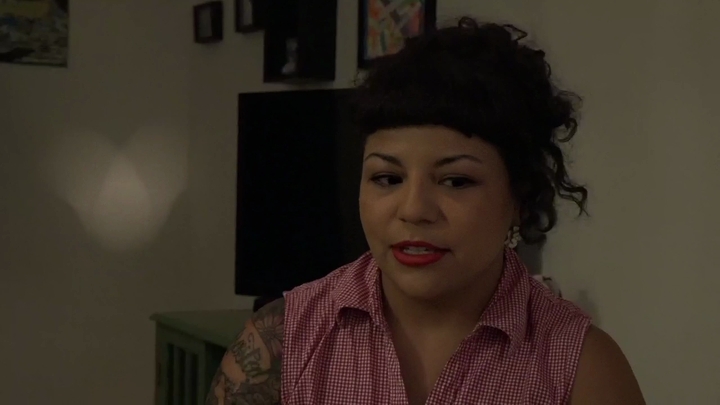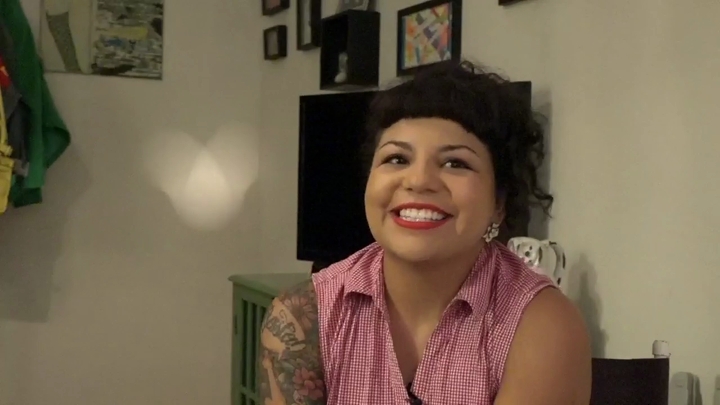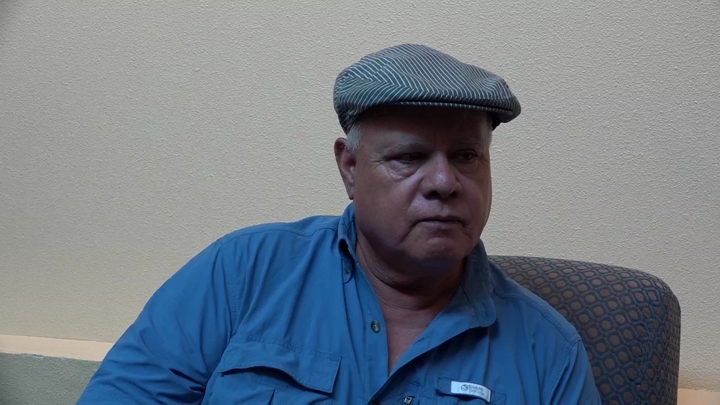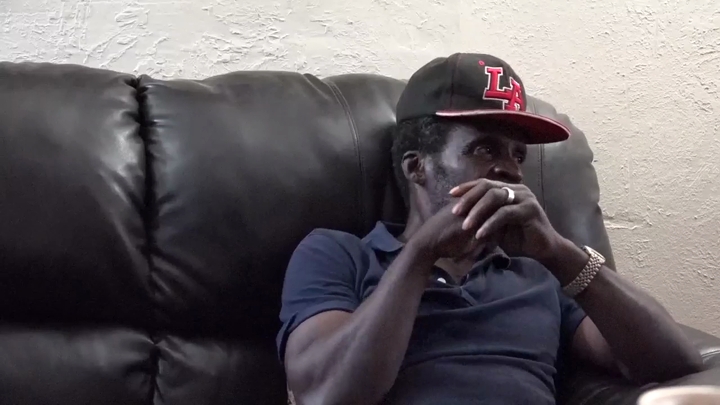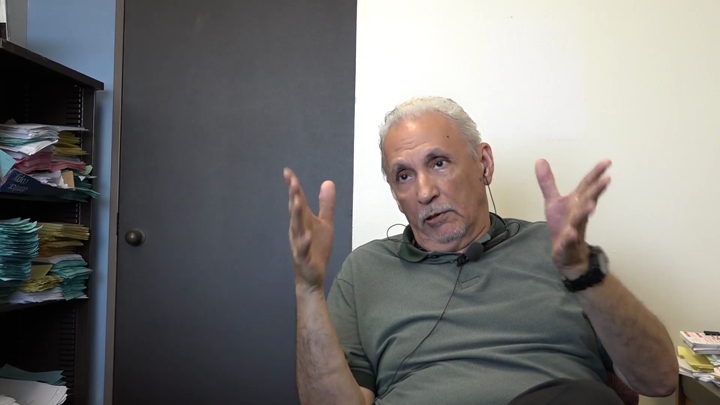Crear / Socialism
sign up or sign in to add/edit transcript
Interviewer: What are your thoughts about back then and now about Marxism? Crear: We aligned ourselves. We read a lot of Marx. We read a lot of Mao, the Red Book, Franz Fernand. You know, we believed in equal distribution of wealth. Even now, the system is—it wasn’t a surprise for me. They came out a few months ago talking about the gap between rich and poor is the largest it’s ever been in history which wasn’t not surprise to me because you have people like the billionaires, Trumps—now you have some like Gates, he’s a good person. The majority, it’s all about they don’t want to give up nothing and they got quite a bit. People got two or three homes, ten cars. You ask them to give a little business and they squeak and holler. Even just a little bit. We consider ourselves, not necessarily Marxist. I read Das Capital which is hard because it was a big thick book, but I tell people, Marx, he was economics. Das Capital breaks down the capitalist system. Supply and demand and the whole thing. I struggled through it when I was in college. I got a friend, he read it twice and he became (inaudible) in Europe, but he understood that’s what it does. Believe me, capitalists, they done read that too because it breaks down how the whole system works. The whole system, it needs change. Just like with the police. Things—like this old saying, the more things change, the more they stay the same. Police are not as rampant as they were back then but it’s still basically the same mentality. It’s almost like its them against us. They separate themselves—they supposed to be out there protect and serve but they look at everybody as a criminal. They can pull you over for a traffic ticket and they look at you like you’re a criminal, but it’s that mentality. That’s not all of them, but that system breeds that in them. I never forget watching this—this was done back in the seventies, they did this deal at Stanford University. They had students that were going to be prisoners and the ones going to be guard. Now the ones that were going to be prisoners, they didn’t know when they was going to be picked up. They picked them up at random. Put them in this confined area and over a two or three-day period, their whole mentality changed. Ones that were guard became very aggressive. Their whole mentality because you put a person in that situation, you know, that system. There’s got to be a change.
| Interview | Interview with John Crear |
| Subjects | Police and Law Enforcement |
| Ideology | |
| Ideology › Marxism | |
| Class and Status | |
| Class and Status › Home Ownership and Class | |
| Tags | Stanford Prison Experiment |
| sign up or sign in to add/edit tags | |
| Interview date | 2016-06-06 |
| Interview source | CRBB Summer 2016 |
| Interviewees | Crear, John |
| Interviewers | Enriquez, Sandra |
| Rodriguez, Samantha | |
| Locations | Houston, TX |
| Duration | 00:04:15 |
| Citation | "Socialism," from John Crear oral history interview with Sandra Enriquez and Samantha Rodriguez, June 06, 2016, Civil Rights in Black and Brown Interview Database, https://crbb.tcu.edu/clips/3518/socialism, accessed February 18, 2026 |


